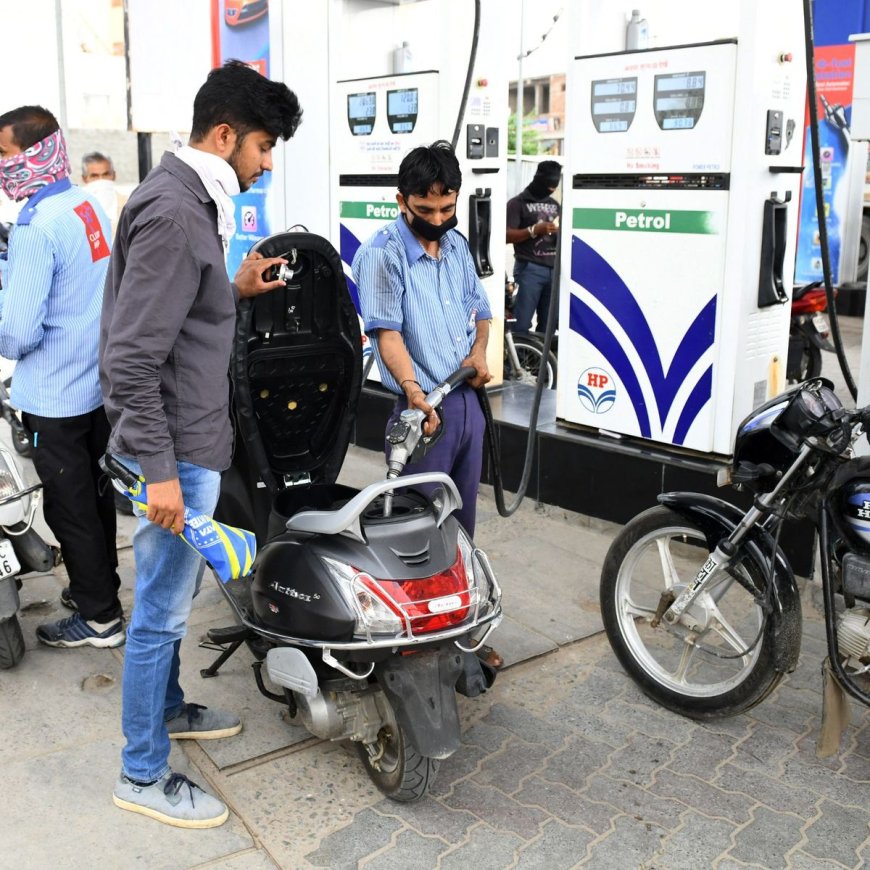Will Petrol, Diesel And Alcohol Prices Change Under GST 2.0?
GST 2.0 brings new tax slabs, but petrol, diesel and alcohol remain outside its scope. Prices stay unchanged due to state revenue concerns.

What Is GST 2.0 / What Has Changed
-
From 22 September 2025, India introduced GST 2.0, a revised Goods & Services Tax structure. The reforms simplify GST slabs: older slabs of 12% and 28% have been removed and replaced, largely, by 5% and 18%. A higher “sin/luxury” 40% slab has also been introduced.
-
Many everyday goods, vehicles in certain segments, appliances etc. are gett
Will Petrol, Diesel & Alcohol Prices Be Affected?
Petrol & Diesel
-
No, they won’t change under GST 2.0 — at least for now. Petrol and diesel are still outside the ambit of GST. They are taxed using existing systems: central excise, state VAT etc.
-
In a recent statement Finance Minister Nirmala Sitharaman said that bringing petrol/diesel under GST would need agreement from the states. As of now, states have not given up their taxing power over fuel (VAT etc.), which is a big source of revenue
Alcohol (Liquor)
-
Similarly, alcoholic beverages (for human consumption) remain outside GST. States tax alcohol via VAT (or other local duties), and that continues. The reform did not bring alcohol under GST 2.0.
Why Are Petrol, Diesel & Alcohol Not Included (Yet)?
-
Revenue concern of states: State governments earn large revenues from VAT on fuel & excise etc. Giving up that tax power or reducing it would shrink their revenue. They have not agreed to this change.
-
Legal/policy complexities: It requires consensus in the GST Council. State governments have to agree to transfer or share taxing powers.
-
Administrative/implementation issues: Fuel pricing, supply, subsidies, excise duty etc. are complex. Including them under GST would require alignment of many moving parts.
Present Situation in Prices
-
As of now, petrol & diesel prices remain unchanged after GST 2.0 came into effect.
-
Similarly, alcohol prices are not showing any change from direct effect of GST reform.
Implications, Pros & Cons
Advantages (if they were to be brought under GST in future)
-
Potential for simpler taxation system on fuel & alcohol.
-
Could reduce cascading of taxes / improve transparency.
-
If GST rates are set reasonably low, consumers might gain (lower effective tax).
Disadvantages / Risks
-
States would lose major revenue sources. That could impact their finances, welfare schemes, etc.
-
If GST rate for fuel is set high, the benefit might be minimal, or could even lead to higher final prices in some states.
-
Transition would be complex — changing excise/VAT laws, adjusting supply chains, ensuring no leakages, dealing with subsidies etc.
Latest Updates / Buzz
-
Many people are hoping for inclusion of petrol & diesel under GST to bring down prices. But as per official sources, no such plan is in immediate effect.
-
The government has focused in the reforms on other goods & services, electronics, cars, household items, etc., rather than fuel or alcohol.
Conclusion
In short: GST 2.0 does not change the prices of petrol, diesel or alcohol as of now. The reforms simplify GST for many products, reduce tax burdens in many sectors, but fuel & alcohol remain outside its scope.
If in future states agree, and a workable framework is established, there could be changes. But for now consumers should not expect any immediate drop in fuel or liquor prices owing to GST 2.0.

 Ellofacts
Ellofacts 





